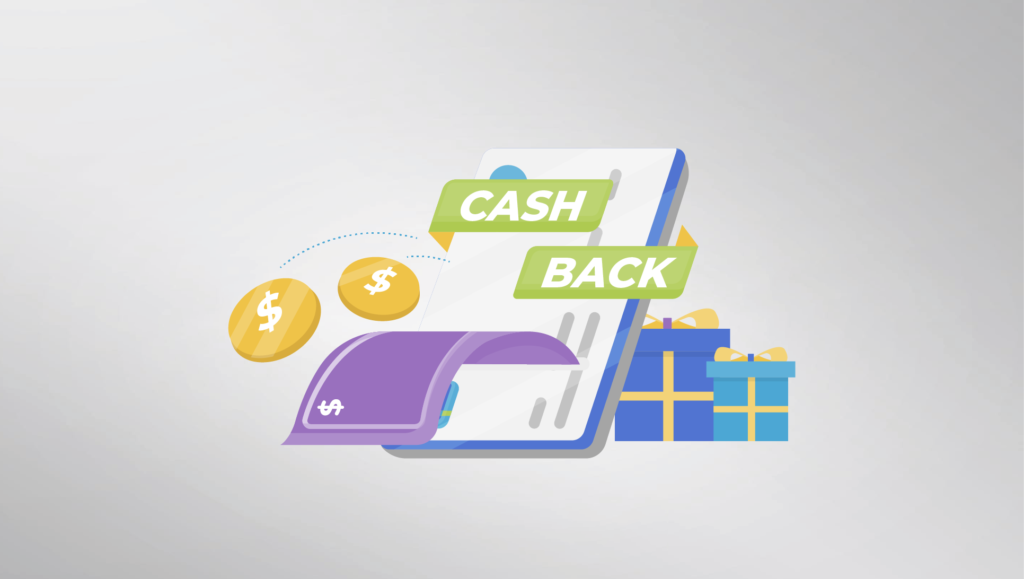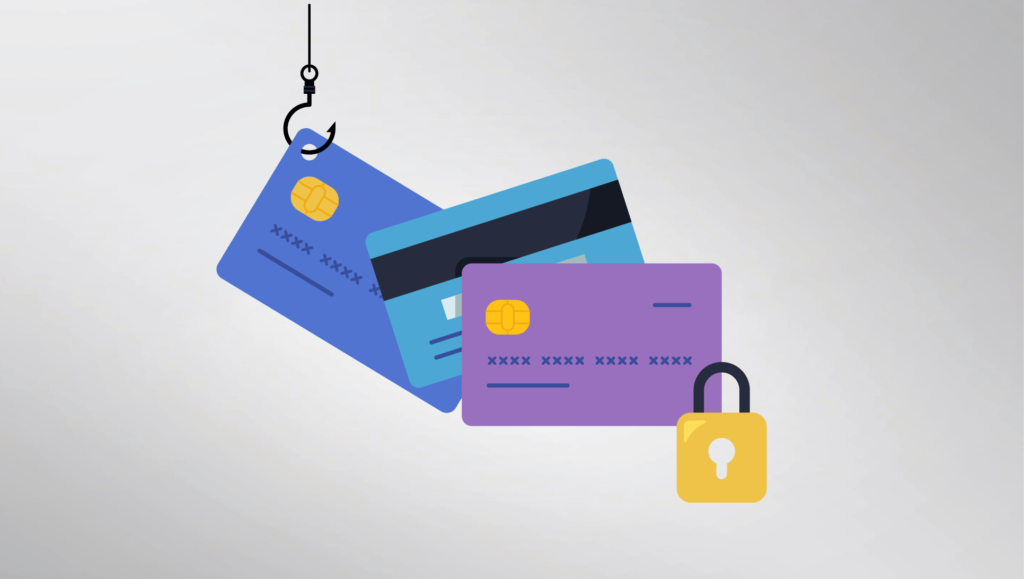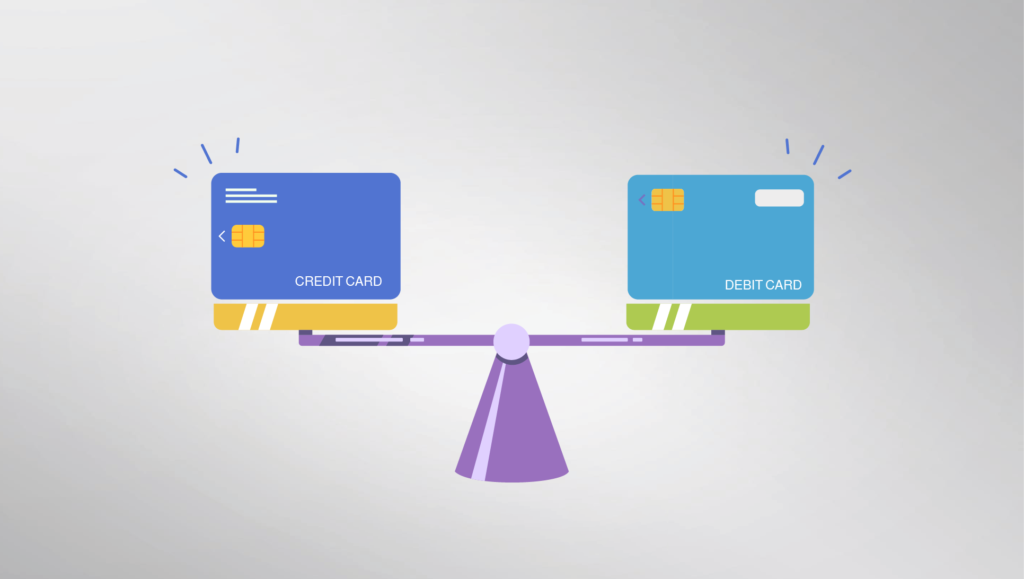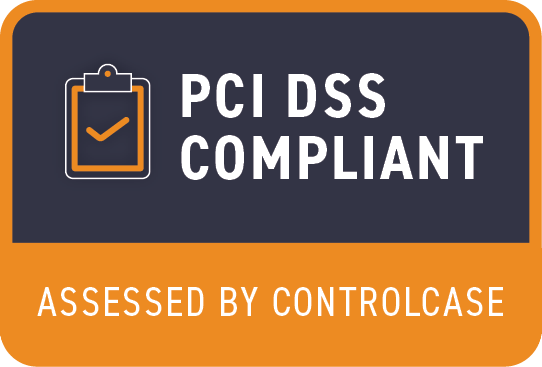When it comes to financial matters, we often hear the terms “credit card” and “debit card.” But what’s the difference between them? And what are the advantages and disadvantages of each? Let’s explore these points in detail.
What is a Credit Card?
A credit card is an electronic payment method that allows its holder to purchase goods and services even if there isn’t enough balance in their bank account. Unlike a debit card, which directly withdraws money from the user’s bank account, a credit card allows borrowing with a repayment period. The bank or card issuer covers the purchase amount on behalf of the customer, and the amount is repaid later, either in installments or in full at the end of the month. Credit cards often come with additional benefits like reward points, cashback offers, and various insurances.
What is a Debit Card?
Debit cards are directly linked to your bank account. When you make a purchase using a debit card, the money is immediately withdrawn from your account, without the need to borrow funds.
Advantages of Credit Cards:
- Flexibility in Managing Expenses: Credit cards allow you to buy now and pay later, giving you flexibility in managing your expenses, and they are a very important payment method in the payment gateway that people use when purchasing online.
- Rewards Programs: Many credit cards offer rewards programs, such as travel points or cashback on every purchase you make.
- Building Credit History: Regular and responsible use of a credit card can help you build a strong credit history, which is important when applying for future loans.
- Consumer Protection: Credit cards offer higher protection against fraud compared to debit cards, allowing users to report unauthorized transactions and recover their money.
- Cash Advances and Revolving Credit: Credit cards allow you to withdraw cash in emergencies and benefit from revolving credit to defer debt repayment.
Disadvantages of Credit Cards:
- Potential for Debt Accumulation: Credit cards can lead to debt accumulation if the due amounts are not paid on time, causing additional financial burdens.
- High Interest Rates: If you don’t pay your balance in full on time, you may face high interest rates, increasing the overall cost of your payments.
- Fees and Penalties: Credit cards may impose additional fees for late payments or exceeding the credit limit.
- Impact on Credit Score: Mismanagement of credit cards can affect your personal credit score if used irresponsibly.

Advantages of Debit Cards:
- Expense Control: Since the money is directly withdrawn from your account, using a debit card helps you control your spending and avoid falling into debt.
- No Interest on Transactions: Unlike credit cards, debit cards do not charge interest on transactions, making them an economical choice for daily use.
- Direct Access to Bank Funds: You can easily access your funds through ATMs or by making direct payments, with immediate deductions from your bank account for each transaction.
- Ease of Acquisition: Getting a debit card doesn’t require a credit history, making it accessible to everyone.
Disadvantages of Debit Cards:
- Lack of Rewards Programs: Debit cards often lack rewards programs compared to credit cards.
- Bank Account Vulnerability in Case of Fraud: If your card details are stolen, your bank account could be directly at risk.
- No Credit History Building: Using a debit card doesn’t contribute to building a credit history, which could affect your ability to get loans in the future.
Key Differences Between Credit Cards and Debit Cards:
The main difference between a credit card and a debit card lies in how the money is used. Credit cards rely on borrowing money from the bank, while debit cards use funds already available in your bank account.
When to Choose a Credit Card:
- When you want to take advantage of rewards programs or build a strong credit history.
- When you seek additional protection against fraud for large or online transactions.
- When you need the flexibility to pay in monthly installments.
- When traveling abroad, a credit card can be useful for managing increased expenses on food and accommodation, keeping in mind the potential costs associated with foreign transaction fees.
When to Choose a Debit Card:
- If you prefer direct control over your expenses and want to avoid high-interest rates.
- When you want to stay out of debt and prefer direct withdrawals from your bank account.
- If you don’t need to build credit history and want easy access to a card.

UPayments Gateway Accepting Both Credit and Debit Cards:
UPayments offers an innovative solution that allows you to accept payments using either credit or debit cards. UPayments provides various payment methods like Visa and MasterCard, catering to the needs of different customers, making the payment process easy and secure.
Conclusion:
In the end, the choice of the most suitable card depends on your individual needs and lifestyle:
- If you’re looking to build credit history and benefit from rewards, a credit card is the right choice.
- If you prefer controlling your expenses and avoiding interest, a debit card might be the best option for you.
Always ensure you choose the card that aligns with your financial goals and personal preferences.





